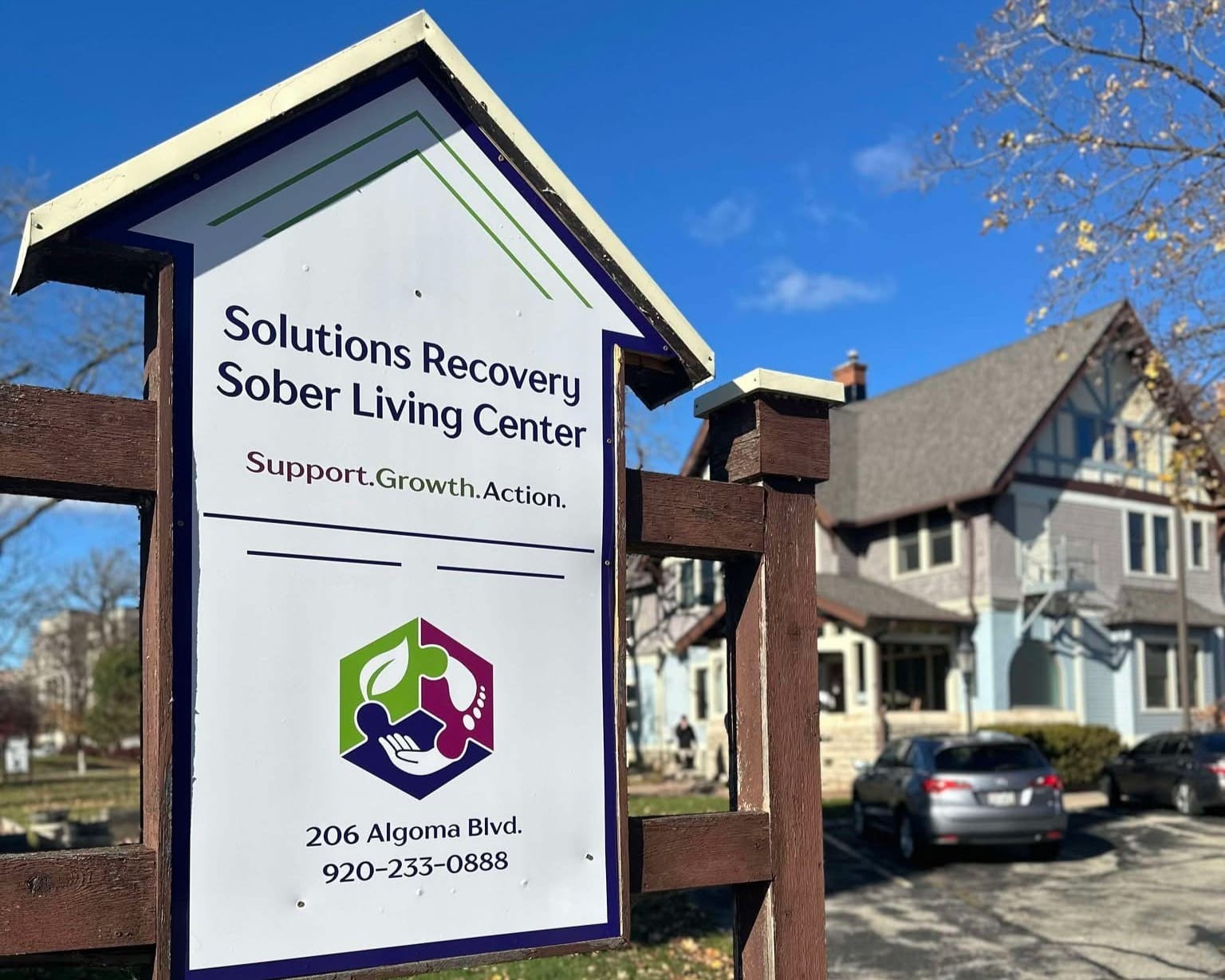Michigan Farmer Mental Health Program Faces Funding Challenges
In Michigan, a critical mental health program for farmers is facing an uncertain future due to potential changes in state funding. The program, which offers counseling and mental health support to those in the agricultural sector, is run by Remindgon Rice, who also oversees a similar initiative at Michigan State University Extension.
The initiative provides essential mental health services, including counseling for farmers, their families, and agricultural workers. Additionally, it aims to raise awareness about mental health issues and suicide prevention through outreach at various community events such as trade shows and local fairs.
Rice highlights the stigma surrounding mental health in farming communities. “Overwhelmingly, over 80% of farmers have reported that they would hesitate to ask for help,” he noted, emphasizing the challenge of addressing these issues among farmers.
Research indicates that individuals in agriculture, including farmers and ranchers, have a higher risk of suicide compared to other professions. Multiple stressors contribute to this, including uncontrollable factors like extreme weather, disease outbreaks, and the potential loss of generational family farms, as outlined by the American Farm Bureau Federation.
Farmers often work in isolation, with their personal and professional lives intertwined, which can exacerbate emotional stress. “Most of the calls I get revolve around family relationships,” Rice shared.
Physical demands are also significant, especially given that many farmers are in their late 50s or early 60s. “Our physical and emotional well-being is so intricately tied together that if you’re in chronic pain, that’s going to impact your mental health,” Rice explained.
Potential budget cuts would force the program to scale back services, meaning some farmers might lose access to the free counseling currently available. While referrals to other services would still be offered, these would come with out-of-pocket costs.
“A lot of people working in agriculture don’t have traditional health insurance,” Rice pointed out. The lack of stable income or salary in the industry further complicates access to mental health care, making the program’s support vital. “There’s already barriers in finding help, and we didn’t want costs to be another one,” he added.
Without sufficient state funding, the program’s outreach and marketing efforts would be diminished, and counseling would likely operate on a first-come, first-served basis. However, Rice remains hopeful due to alternative funding options, such as the USDA National Institute of Food and Agriculture. A new bill proposes to secure these programs and adjust funding for inflation, which Rice anticipates will enable continued assistance to Michigan’s farming community.
—
Read More Michigan News










